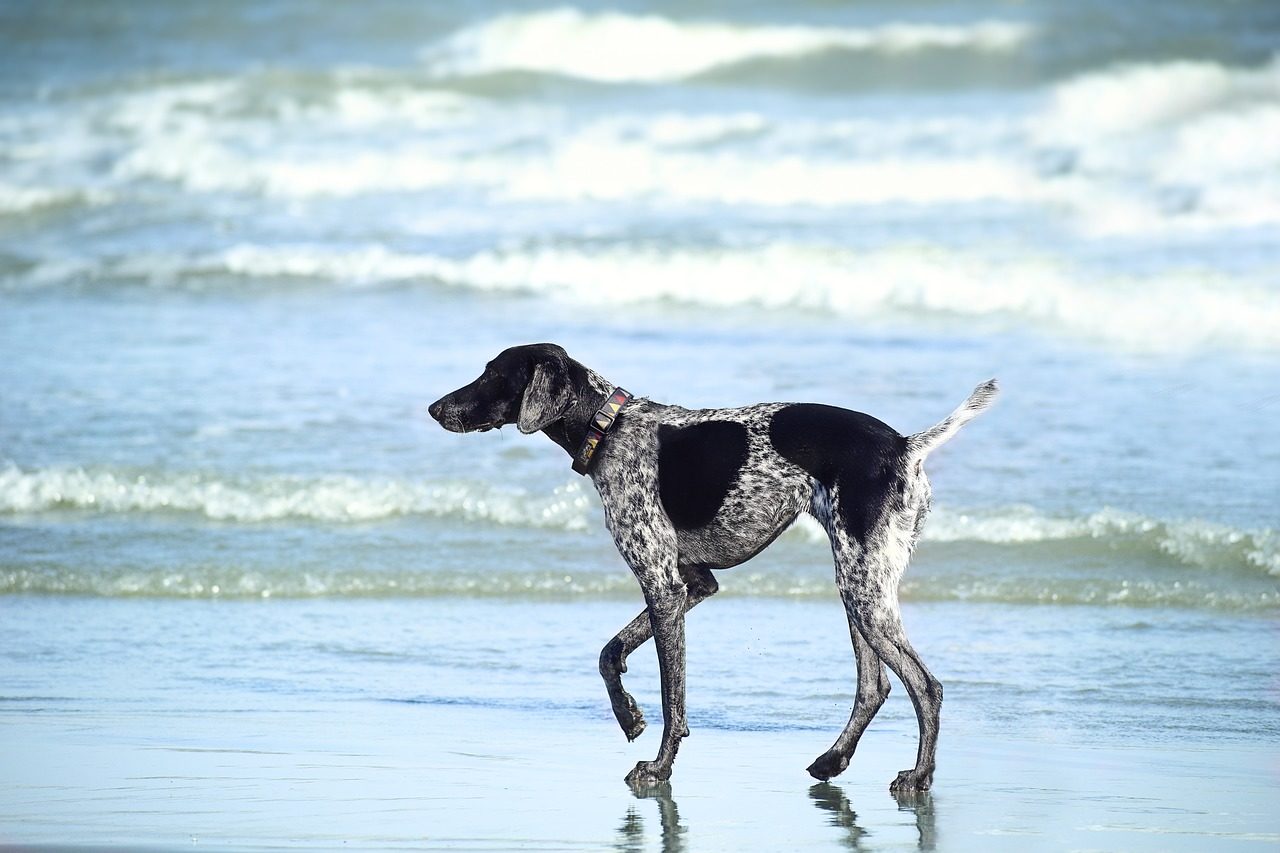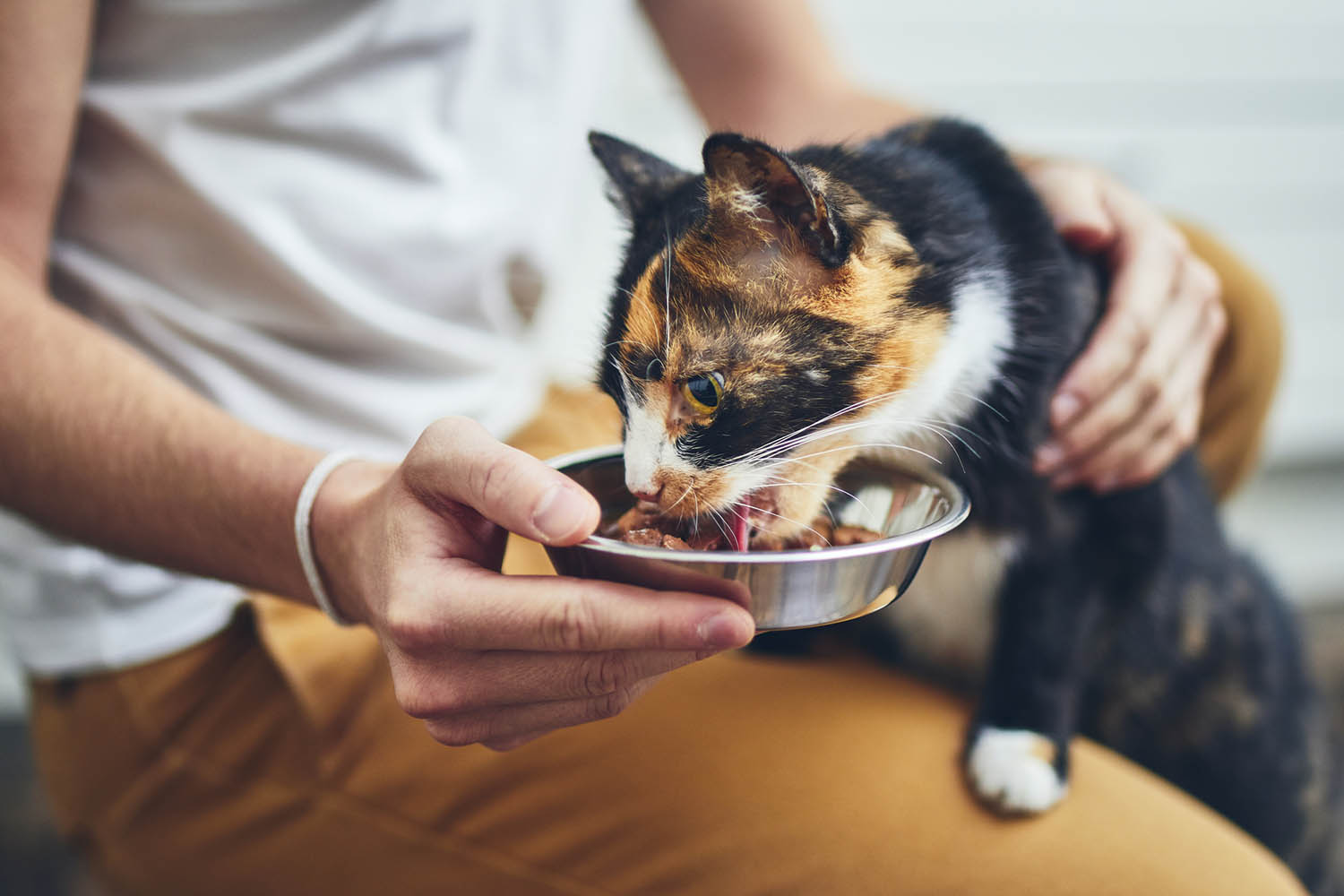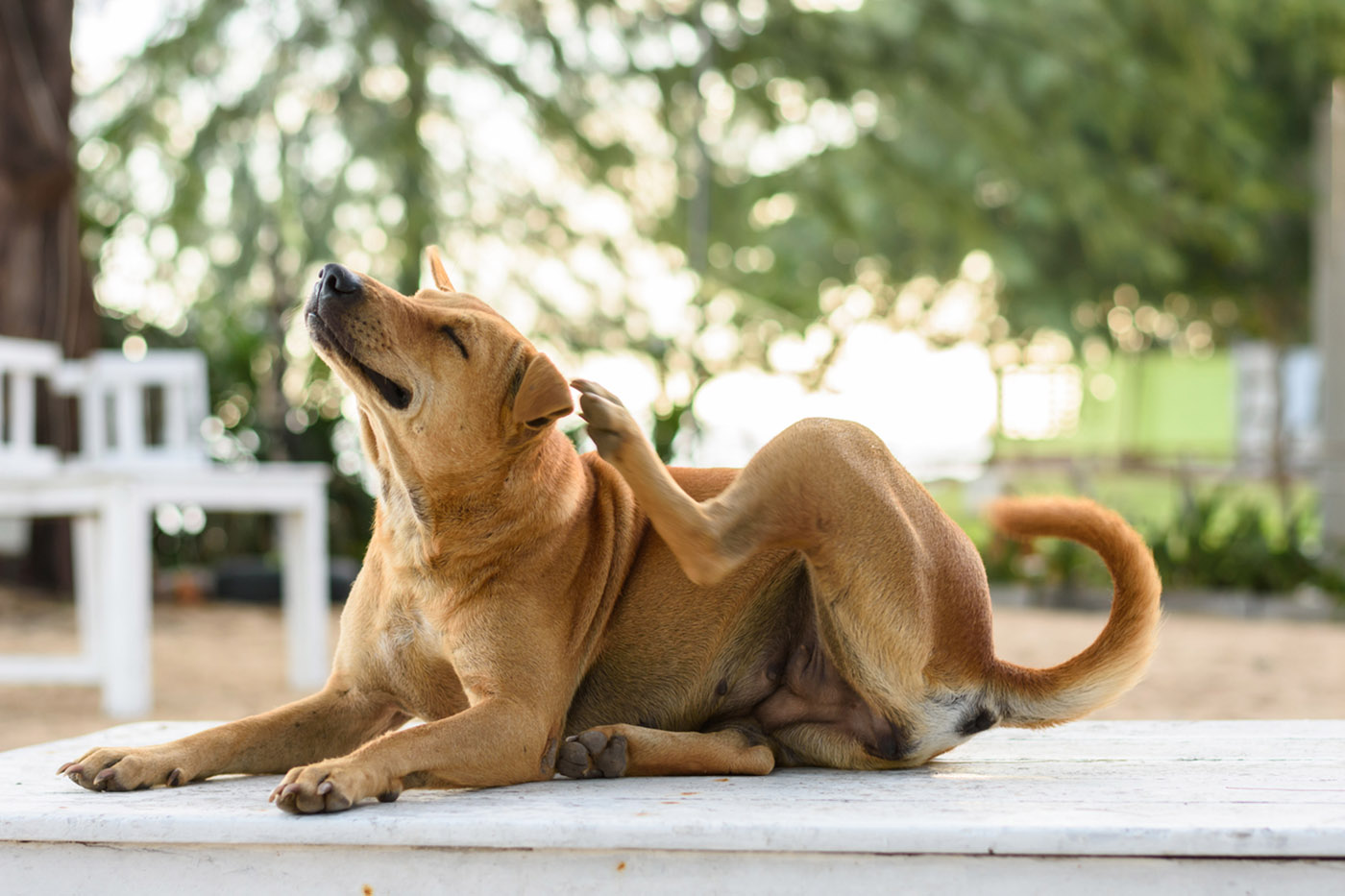Healthy joints are an important part of your pet’s well-being. They help your dog or cat chase toys, pounce, run, and walk up and down the stairs in comfort. Nutrition, body composition and activity all play an important role in joint health, whether your pet is a growing puppy or kitten or entering senior years. We explain below some of the steps pet lovers can take to help maintain their dog or cat’s joint health for their entire life.
Provide Balanced Nutrition for Growing Puppies and Kittens
A complete and balanced diet appropriate for a puppy or kitten will support healthy bone growth and development. For example, young pets need certain nutrients in key amounts to help ensure proper growth. Both kittens and puppies require higher levels of calcium and phosphorus in their diets, as these two minerals work together to support the development of strong bones.
Large breed puppies, meaning dogs that are expected to grow to more than 70 pounds, have additional special needs as they mature. They can be more susceptible to an excess of calcium in their diet. To help rapidly-growing large breed puppies stay healthy and prevent joint issues, their diet must be lower in certain nutrients such as calcium, phosphorus and vitamin D than required for smaller puppies.
To ensure your puppy or kitten is receiving appropriate nutrition for their age, look for dog or cat food formulated for “Growth and Development” or “All Life Stages.”
Take Steps to Maintain Your Pet’s Healthy Weight
According to the Association for Pet Obesity Prevention, more than half of America’s dogs and cats are overweight or obese, and this can have a serious impact on his or her overall health. A national pet health report found that half of all dogs and 40 percent of cats with osteoarthritis were also overweight or obese.
To help keep your pet at a healthy weight, work with a trusted veterinarian to confirm the appropriate amount of food your dog or cat needs, measure out food accurately at mealtime, and limit treats to no more than 10 percent of a pet’s daily caloric intake.
Ensure Your Pet Receives Appropriate Exercise
Alongside complete nutrition and maintaining a healthy weight, low-impact exercises such as walking, swimming, or playtime can help a dog or cat maintain muscle tone, avoid weight gain, keep ligaments and tendons flexible, and circulate blood to stiff joints. Dogs and cats with joint problems should avoid high-impact exercises like running and jumping, which could lead to further damage. Daily exercise that does not overstrain your pet will keep their joints strong and flexible.
Include Regular Veterinary Care
Your cat or dog should see a trusted veterinarian regularly for preventive pet care, and not just taken in when he or she is ill or hurt. Your veterinarian will help provide recommendations for your pet’s exercise requirements and nutritional needs, as well as overall wellness tips. Next time your pet visits the veterinarian, ask about your dog or cat’s joint health and be sure you are setting them up for a strong, healthy life.



